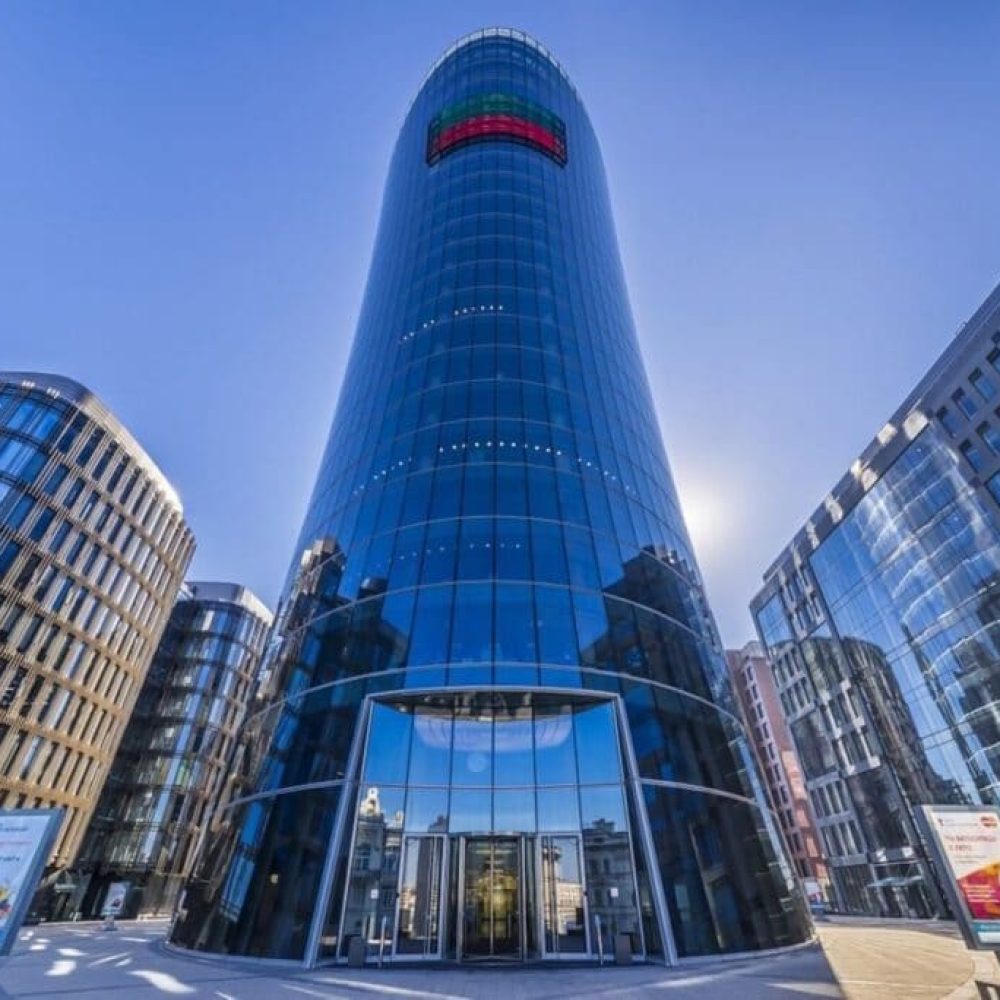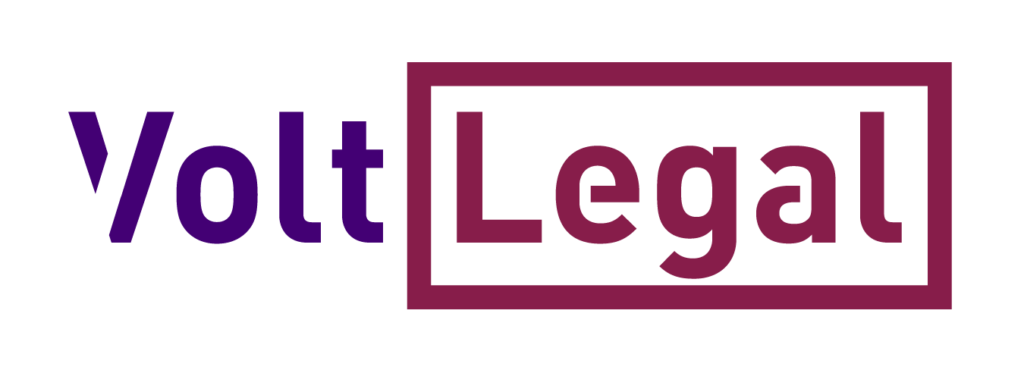Registration company in Singapore
Simplifying the Global Company Formation Process with Tailored Solutions for Every Jurisdiction
Strategic choice for International business

Overview of Singapore
Singapore, officially known as the Republic of Singapore, is a global financial hub located in Southeast Asia at the southern tip of the Malay Peninsula. Its strategic location makes it a gateway to the Asia-Pacific region.
As a member of the United Nations (UN), World Trade Organization (WTO), Association of Southeast Asian Nations (ASEAN), and Asia-Pacific Economic Cooperation (APEC), Singapore maintains strong economic and political ties worldwide. The currency is the Singapore Dollar (SGD), and the country boasts a multilingual society where English serves as the primary language for business and governance.
Singapore’s government prioritizes digital transformation and sustainability, positioning the nation as an innovation-driven economy. With a focus on high-tech industries, finance, and services, Singapore remains an attractive destination for international businesses. However, future regulatory changes, especially in data protection, fintech, and environmental standards, may increase compliance obligations for companies.

VoltLegal
Corporate Structures and Legal Entities in Singapore
Singapore offers several corporate structures to suit diverse business needs:
- Private Limited Company (Pte Ltd): The most common entity for startups and SMEs.
- Public Company Limited by Shares: Suitable for larger enterprises seeking to raise capital publicly.
- Limited Liability Partnership (LLP): Ideal for professional services firms.
- Branch of Foreign Company: Allows international businesses to establish a presence without full incorporation.
Key Features:
- No Minimum Capital Requirements: Start a business with as little as SGD 1.
- Fast Registration Process: Setting up a Private Limited Company typically takes 1-2 days if all documentation is ready. Additional reviews by authorities may extend this to 14-60 days.
- Registered Office: A local office is mandatory, along with the appointment of at least one Singapore resident director and a company secretary within six months of incorporation.
- Nominee Services: Nominee directors and shareholders are available for confidentiality.
Example:
A fintech startup registered as a Private Limited Company in 2022 leveraged nominee services to protect ownership privacy while meeting compliance standards.
5 Key Benefits of Registering a Company in Singapore
The Company Formation Process in Singapore
Choose a Unique Company Name
Ensure the name complies with the Accounting and Corporate Regulatory Authority (ACRA) guidelines and submit it for approval.
Decide on the Business Structure
Select an entity type—most businesses opt for Private Limited Companies due to their flexibility.
Prepare and Submit Documentation
Prepare the Memorandum and Articles of Association, along with details of directors, shareholders, and the company secretary. File these with ACRA.
Register a Local Office
Establish a registered office in Singapore for official correspondence. Virtual offices are acceptable for remote businesses.
Appoint Directors and Shareholders
At least one director must be a Singapore resident. Shareholders can be local or foreign entities.
Pay Registration Fees
Registration fees start from SGD 60, depending on the entity type and processing speed.
Obtain Tax Identification and GST Registration
Register for a Tax Identification Number (TIN) and Goods and Services Tax (GST) if annual revenue exceeds SGD 1 million.
Open a Business Bank Account
Open a corporate bank account. This step involves rigorous due diligence, especially for regulated industries like finance and cryptocurrency.
Ensure Compliance
Submit financial reports annually and comply with tax and corporate governance requirements.
Begin Operations
Once all steps are completed, the business is ready to operate.
Taxation in Singapore
Corporate Income Tax:
The standard corporate tax rate in Singapore is 17%. To assist companies in managing rising costs, a Corporate Income Tax (CIT) Rebate of 50% of the tax payable, capped at SGD 40,000, has been granted for the Year of Assessment (YA) 2024. Additionally, eligible companies employing at least one local employee in 2023 will receive a non-taxable CIT Rebate Cash Grant of SGD 2,000.
Dividend Tax:
Singapore operates a single-tier corporate tax system, meaning that dividends distributed by companies are exempt from further taxation in the hands of shareholders.
Goods and Services Tax (GST):
The GST rate increased from 8% to 9% on January 1, 2024. Businesses are required to charge GST at 9% for any standard-rated supplies of goods or services made on or after this date.
Special Tax Incentives:
- Productivity and Innovation Credit (PIC): This scheme has been phased out and replaced by other initiatives aimed at enhancing productivity and innovation.
- Financial Sector Incentive (FSI): To align with global tax changes, Singapore has introduced a higher concessionary tax rate tier of 15% for large multinational corporations under the FSI scheme, allowing these companies to continue qualifying for incentives despite international tax developments.
- Double Tax Deduction for Internationalization: This incentive provides tax deductions for qualifying expenses incurred in market expansion and investment activities abroad, encouraging companies to internationalize their operations.
Singapore’s tax policies are continually evolving to maintain competitiveness and compliance with international standards. Businesses are advised to stay informed about the latest developments to fully benefit from available incentives and ensure compliance with regulatory requirements.
Global Jurisdictions We Serve

United Arab Emirates
The UAE, particularly Dubai, offers attractive incentives for businesses, including tax-free zones and 100% foreign ownership in certain areas. New company formation in the UAE provides access to a growing and dynamic market

Hong Kong
Hong Kong is a major financial hub with a low tax rate, making it an attractive destination for international businesses. Company registration in Hong Kong is straightforward, and the city provides easy access to other Asian markets

Singapore
As one of the most business-friendly countries in the world, Singapore is a prime location for businesses looking to expand into Asia. The city-state offers low taxes, minimal bureaucracy, and an efficient company registration process

Lithuania
Lithuania is quickly becoming a favored jurisdiction for businesses in the fintech and cryptocurrency industries. With relatively low corporate taxes and a pro-business regulatory environment, it’s an excellent option for entrepreneurs looking to establish a limited company in the European Union

Estonia
Estonia is renowned for its e-Residency program, which allows entrepreneurs to register a company online without needing to physically be in the country. This program offers one of the most streamlined processes for company incorporation, with minimal bureaucracy and a highly digital government infrastructure. It’s a popular choice for tech startups, cryptocurrency companies, and international businesses looking for easy access to the European Union market

United States
The U.S. offers a range of options for businesses, including forming a corporation or LLC in states like Delaware, which is known for its business-friendly laws and tax benefits. Registering in the U.S. gives your business access to one of the largest markets in the world
If you need assistance in a jurisdiction not listed here, please contact us, and we will provide a tailored solution for your business needs.
Licensing Requirements for Regulated Sectors in Singapore
Businesses in financial services and cryptocurrency face rigorous compliance requirements, particularly around Anti-Money Laundering (AML) and Know Your Customer (KYC) standards, which may lengthen the licensing process.
Certain business activities in Singapore require specific licenses:
Types of Businesses Requiring Licenses:
- Financial services (regulated by the Monetary Authority of Singapore – MAS)
- Import/export companies
- Food and beverage establishments
- Cryptocurrency and digital payment token businesses
- Companies in regulated sectors like healthcare, education, and telecommunications

FAQ: The company formation process in Singapore
How long does it take to register a company?
1-2 days if documentation is complete; up to 60 days for additional reviews.
Can foreign nationals register a company?
Yes, but appointing a local director is mandatory.
What are the tax benefits?
A 17% corporate tax rate, tax-free dividends, and incentives like the PIC scheme.
What are the licensing challenges?
Finance and cryptocurrency businesses face longer approval times due to compliance standards.
What is the cost of maintaining a company?
Maintenance costs range from SGD 3,000–7,000 annually, depending on size.
Is Singapore good for fintech?
Yes, with extensive support for innovation and financial stability.
What are the compliance requirements?
Annual audits for companies with SGD 10 million+ revenue and strict AML/KYC enforcement.
Legal and Compliance Framework
Singapore’s legal and compliance framework is a cornerstone of its global reputation as a trusted financial hub
- Judicial System:
Based on English common law, Singapore’s judiciary ensures strong business and investor protections. Its efficient and impartial legal system supports a favorable business environment. Arbitration services are widely used for resolving cross-border disputes. - KYC/AML Requirements:
Singapore enforces stringent KYC and AML regulations in alignment with international standards. These measures are especially strict in financial, fintech, and cryptocurrency sectors to deter fraud and money laundering. - Accounting and Audit Requirements:
All businesses must maintain proper financial records. Companies with revenue exceeding SGD 10 million or total assets above SGD 10 million must submit audited accounts. Smaller businesses may be exempt from audits, depending on their structure and turnover.
Banking Infrastructure
Opening a business account in Singapore is efficient but requires thorough documentation:
- Ease of Account Opening:
While opening a business bank account in Singapore is generally straightforward, fintech and cryptocurrency companies may face additional scrutiny due to enhanced due diligence requirements. - Collaborations with Fintech:
Many Singaporean banks actively collaborate with fintech firms, offering innovative solutions for digital payments, financial transactions, and cross-border remittances. - Alternative Banking Solutions:
For businesses facing challenges in traditional banking, international fintech platforms and EMIs (Electronic Money Institutions) provide alternative financial solutions.
Company Maintenance Costs
- Annual Filing Fees: SGD 60–175 for ACRA filings.
- Accounting Services: SGD 2,000–5,000 annually, depending on complexity.
- Nominee Services: Around SGD 2,000 per year.
Reputation and Regulation
Singapore ranks 2nd globally for ease of doing business (World Bank). It boasts:
- International Reputation:
Singapore is celebrated as one of the most transparent and corruption-free financial hubs globally. It attracts multinational corporations with its robust regulatory framework and ease of doing business. - Black and Grey Lists:
Singapore is not listed on any major financial blacklists, reflecting its adherence to global compliance standards. - Ease of Doing Business:
Consistently ranked among the top globally, Singapore was rated 2nd for ease of doing business in the World Bank’s latest annual rankings, just after New Zealand.
Is Singapore Right for Your Business?
Ideal for:
- Companies seeking a reputable base in Asia with access to regional markets.
- Financial, fintech, and tech firms looking for a regulated yet innovative ecosystem.
- Businesses valuing transparency, IP protection, and investor trust.
Not Ideal for:
- Small startups with tight budgets, given the higher operational costs.
- Companies prioritizing minimal compliance, as Singapore maintains strict regulatory standards.
- Enterprises seeking jurisdictions with simpler banking and lower costs.
Conclusion
Singapore offers unmatched opportunities for businesses looking to establish a foothold in Asia. Its low taxes, innovative ecosystem, and world-class reputation make it a prime destination for entrepreneurs ready to embrace compliance in exchange for a thriving, stable environment.

